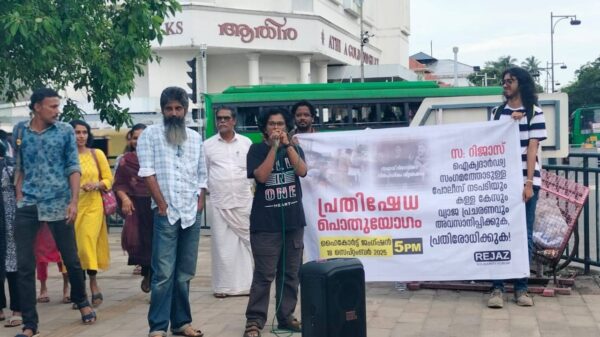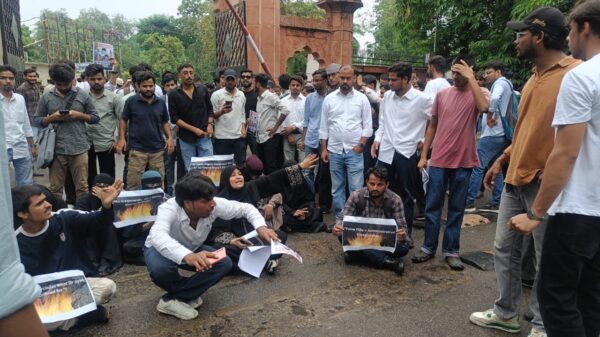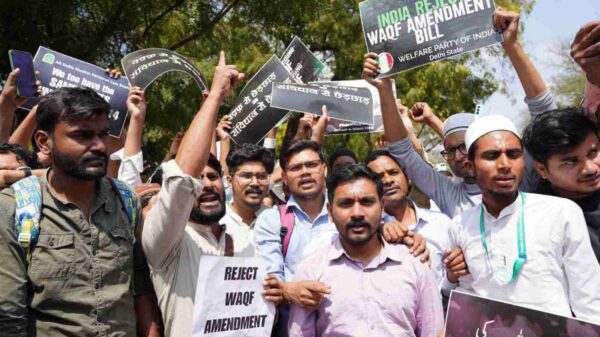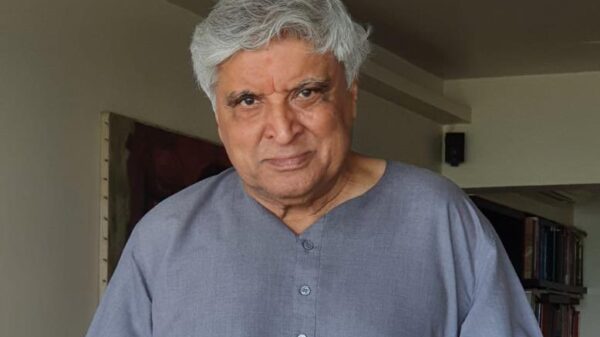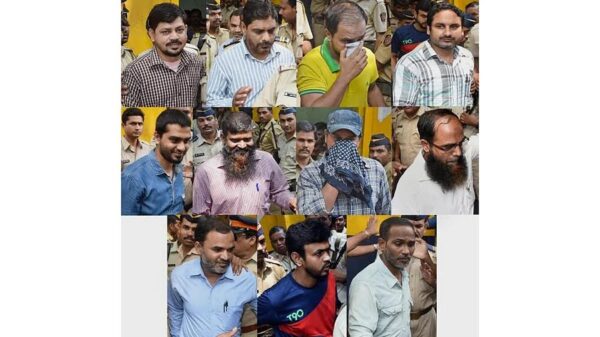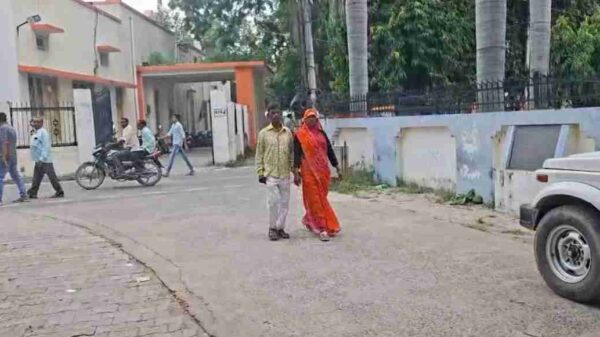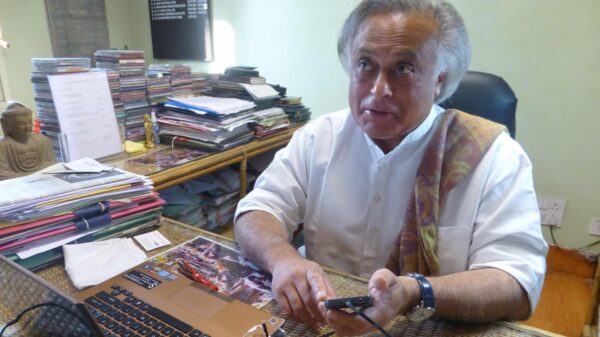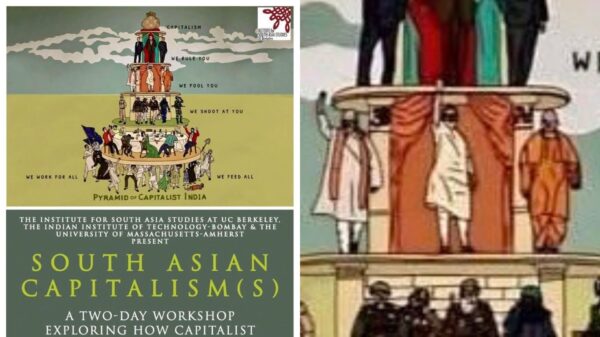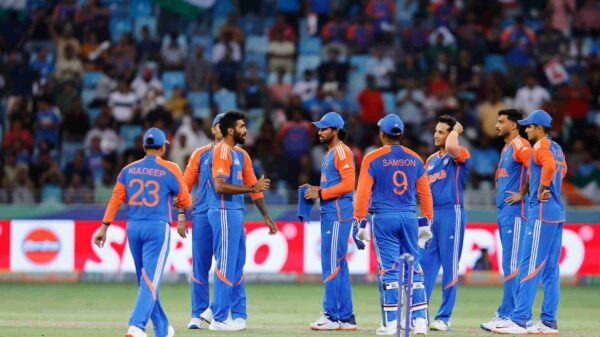The NCERT’s newly released Class 8 Social Science textbook has stirred discussion for its portrayal of rulers from the Delhi Sultanate and Mughal era. The book highlights “religious intolerance,” destruction of temples, and mass killings by some rulers like Babur, Alauddin Khilji, and Aurangzeb, while also acknowledging their administrative and cultural roles.
The new textbook, Exploring Society: India and Beyond (Part 1), is part of the revised curriculum under the National Education Policy (NEP) 2020 and National Curriculum Framework for School Education 2023.
The chapter titled Reshaping India’s Political Map presents rulers like Babur as a “brutal and ruthless conqueror” who “slaughtered entire populations” and “erected towers of skulls.” Akbar’s rule is described as a “blend of brutality and tolerance,” referencing the massacre of civilians in Chittorgarh. Aurangzeb is said to have ordered the destruction of temples and gurdwaras, though the book also mentions his political motives and some temple grants.
A special section in the book, Note on Some Darker Periods in History, explains the reasoning behind these depictions. It emphasizes that no one should be blamed today for the actions of individuals in the past.
“Understanding the historical origin of cruel violence, abusive misrule or misplaced ambitions of power is the best way to heal the past and build a future where, hopefully, they will have no place,” the note says.
In contrast, Shivaji is described as a “master strategist and a true visionary” who respected other religions and rebuilt temples.
Asked about the shift in tone, the NCERT said the events mentioned “did happen and left their mark on Indian history.”
“The historical account given, while it does not sanitise history, is balanced and entirely evidence-based,” an NCERT official said. “A cautionary note has been inserted to make it clear that no one should be held responsible today for events of the past.”
In the earlier Class 7 textbooks, these rulers were mainly discussed in the context of administration, expansion, and culture. The new book focuses more on religious violence and destruction.
NCERT officials argue that any comparison with older books is “fruitless” since the new ones are part of a redesigned curriculum.
So far, new books have been introduced for Classes 1 to 4, 6, 7, and now 8. Part 2 of the Class 8 book is expected later this year.









